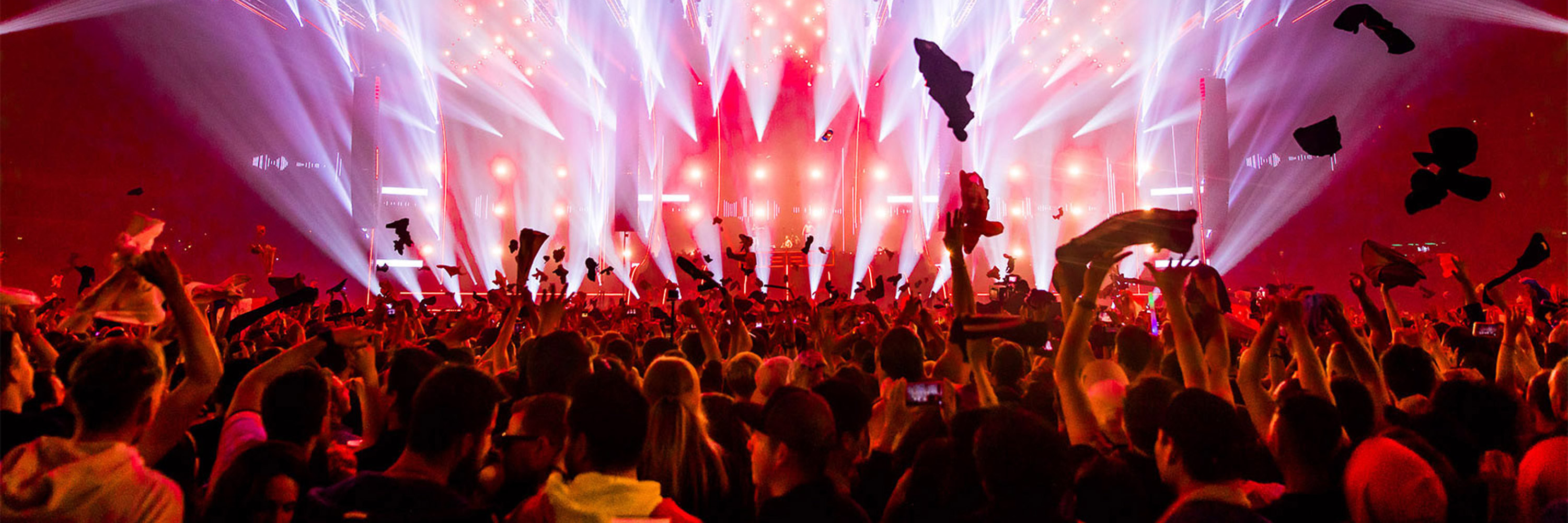Is there an option of multiple NDI outputs? I am essentially trying to send output via NDI to 2 different locations with 2 different program feeds. I know how to do it with physical outputs but would really like to utilize NDI if possible. Has anyone tried this? How did you do it?
#1. Composition
#2. Specific Layer
Multiple NDI Outputs
Multiple NDI Outputs
Michael Ruiz 
Re: Multiple NDI Outputs
I think I may have figured it out but if you have tried it and it worked, please explain your workflow. I am curious if anyone has given this a try. I will test with the system tomorrow and post feedback if I get it to work.
To explain further, we are connecting to a Tricaster 480 which has 4 NDI inputs in which we would like to send a dedicated Camera layer and then an additional NDI feed with the main composition.
To explain further, we are connecting to a Tricaster 480 which has 4 NDI inputs in which we would like to send a dedicated Camera layer and then an additional NDI feed with the main composition.
Michael Ruiz 
Re: Multiple NDI Outputs
You could create multiple screens in your output window and assign those windows to a NDI output, those windows will show up in your NDI as however, you labeled your screens in advanced output.
from there you can assign different layers as inputs for those screens, so essentially you could get several different looks or outputs that way.
Is that what you're trying to accomplish?
from there you can assign different layers as inputs for those screens, so essentially you could get several different looks or outputs that way.
Is that what you're trying to accomplish?
Re: Multiple NDI Outputs
Yes... Arvol!
That is exactly it and it worked like a charm. We have decided to use this in the live broadcast production for high school football.
In addition to our Tricaster for live broadcast, we use a BM Decklink Duo 2. The BM device is primarily used for the LED Jumbo screen but tried this weekend to get 2 additional cameras to use in the live broadcast. To achieve this, we captured 2 addition SDI feeds and through separate layers and separate NDI outputs, the Tricaster was able to use 2 additional camera feeds and 1 graphics layer and 1 spare which we have not used (backup) all via NDI. Now we need Resolume to take advantage of embedded audio over NDI.
That is exactly it and it worked like a charm. We have decided to use this in the live broadcast production for high school football.
In addition to our Tricaster for live broadcast, we use a BM Decklink Duo 2. The BM device is primarily used for the LED Jumbo screen but tried this weekend to get 2 additional cameras to use in the live broadcast. To achieve this, we captured 2 addition SDI feeds and through separate layers and separate NDI outputs, the Tricaster was able to use 2 additional camera feeds and 1 graphics layer and 1 spare which we have not used (backup) all via NDI. Now we need Resolume to take advantage of embedded audio over NDI.
Michael Ruiz 

